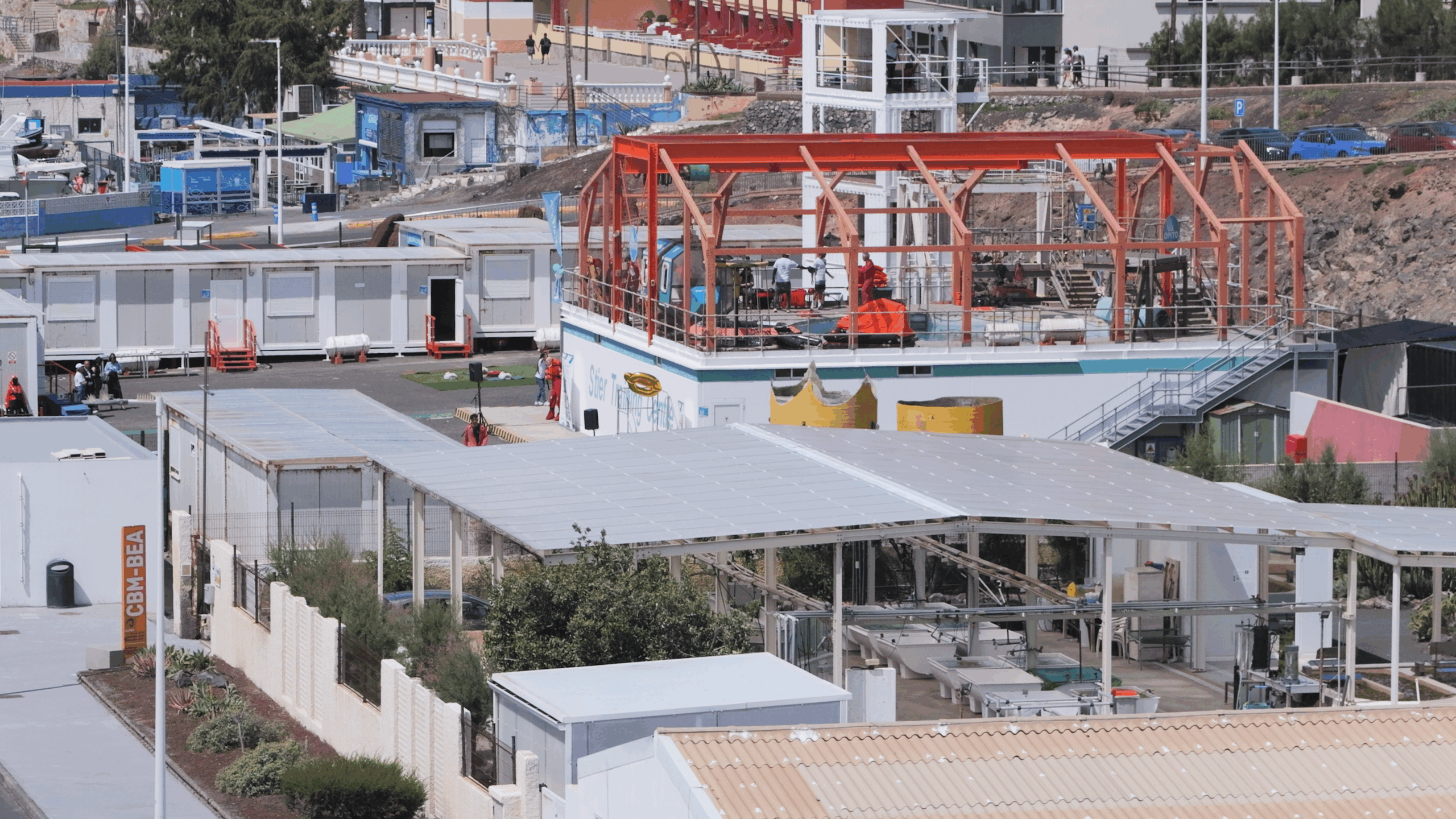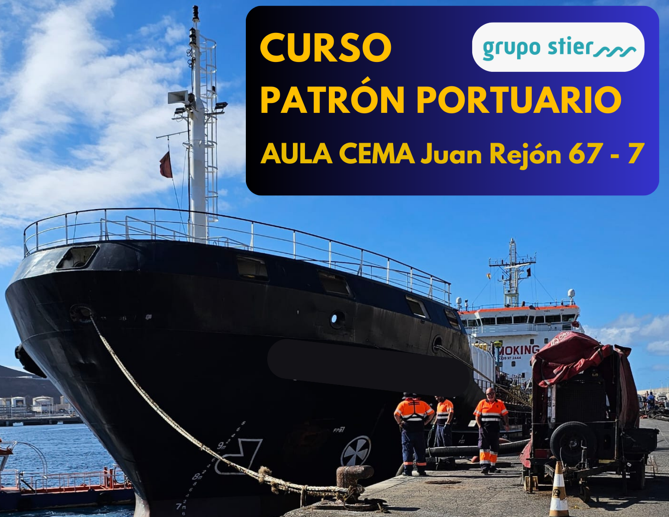
The Future at sea begins in Gran Canaria with Grupo Stier
At a crucial time for maritime employment, a large number of shipping companies have already begun their recruitment processes for

The harbor master is a crucial figure in port operations, playing a fundamental role in ensuring the safety, efficiency, and coordination of maritime activities. In this article, we will explore in detail the responsibilities and functions of a harbor master, highlighting their importance in the maritime and port sector.
Functions and Responsibilities of the Harbor Master
1. Maritime Safety
2. Maneuver Coordination
3. Maritime Traffic Control
4. Emergency Management
5. Regulatory Compliance Supervision
Skills and Knowledge of the Harbor Master
To effectively perform their duties, the harbor master must possess a combination of technical skills, maritime knowledge, and leadership abilities. Some key skills include:
Maritime Knowledge: A deep understanding of navigation, vessel maneuvers, maritime meteorology, and traffic control technology.
Communication Skills: Ability to communicate effectively with vessel crews, port authorities, and other stakeholders involved in port operations.
Decision-Making: Capacity to make quick and accurate decisions in high-pressure situations.
Leadership: Skills to lead teams and coordinate complex operations, ensuring collaboration and teamwork.
Regulatory Knowledge: Familiarity with international and national regulations governing port and maritime operations.
Importance of the Harbor Master
The harbor master plays a crucial role in maintaining the efficient and safe flow of maritime trade. Ports are critical hubs for international trade, and the harbor master’s work ensures that goods are transported safely and promptly, significantly contributing to the global economy. Additionally, their role in environmental protection and emergency response is vital for the sustainability and safety of port operations.

At a crucial time for maritime employment, a large number of shipping companies have already begun their recruitment processes for

By Naucher Harbor pilots have defended their adaptability and professionalism in the face of economic uncertainty, as well as